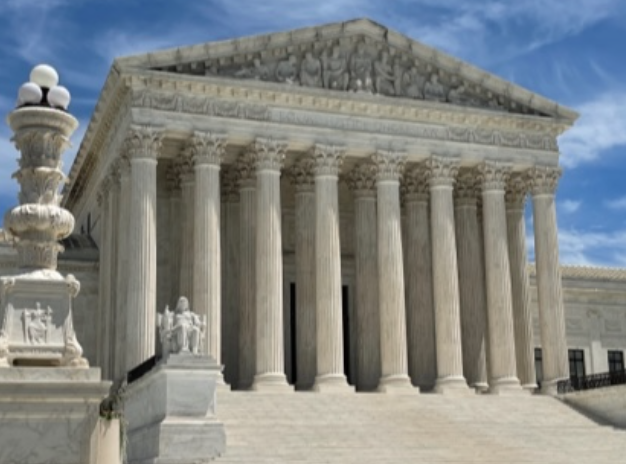SCOTUS Drops Ruling Against Government’s Abuse Of American Citizens

The U.S. Supreme Court has delivered a unanimous verdict in the landmark First Amendment case of Lindke v. Freed, dealing with the contentious issue of whether public officials can block individuals on social media without breaching the U.S. Constitution.
ABC News reports that the justices, in a unanimous decision, refrained from giving a straightforward "yes" or "no" answer to the question of constitutionality regarding social media blocks by public officials.
Instead, the Court introduced a nuanced standard to differentiate between official and personal actions by government employees on social media platforms, encompassing activities like posting updates, deleting comments, or blocking users.
This delineation has grown increasingly significant as numerous local, state, and federal government workers employ social media for public engagement while also sharing purely personal content on their "mixed use" accounts.
Justice Amy Coney Barrett, writing a unanimous opinion, stated, “When a government official discusses job-related matters on social media, distinguishing whether the communication is official or personal can be challenging. We determine that such communication is considered state speech only if the official had actual authority to represent the state and indicated an intent to use that authority in the social media interaction.”
Barrett emphasized that the determination hinges on the content's nature rather than the title of the account.
Under the First Amendment, which safeguards free speech, government officials are generally barred from restricting public interactions or access to social media accounts used for official announcements.
However, similar to private citizens, government employees have First Amendment rights to manage their social media presence.
Barrett noted, “Private individuals can act with state authority, and state officials have private lives and individual constitutional rights. Hence, categorizing actions may necessitate careful examination.”
The Court set forth a new criterion in the case of Kevin Lindke, a Michigan resident who initiated legal action against James Freed, Port Huron's city manager, after Lindke was blocked and his comments deleted from Freed's Facebook page.
Lindke criticized Freed's handling of the COVID-19 pandemic, while Freed contended that his Facebook account was personal and his posts about COVID-19 were outside his official duties. Both parties claim the First Amendment supports their stance.
Following the Supreme Court's decision, the case has been sent back to a federal appeals court for further analysis.
Freed expressed satisfaction with the Supreme Court's decision, confident of prevailing in future proceedings. Similarly, Lindke felt vindicated by the unanimous ruling, interpreting it as a clear message against public officials using personal social media accounts to evade scrutiny over official matters.
This ruling comes against the backdrop of increasing instances where public officials are accused of muting or blocking critics online, including a notable lawsuit against former President Donald Trump by Twitter users he had blocked. The Supreme Court had previously considered this case but dismissed it following Trump's departure from office.
Additionally, the Supreme Court referenced the California case O’Connor-Ratcliff v. Garnier, directing a lower court to reassess it in light of the newly established standard.
Barrett's guidance in Lindke v. Freed aims to provide lower courts with clearer criteria for resolving social media-related disputes, insisting on definitive legal or traditional authority for state representatives to engage in actions leading to claimed rights violations.